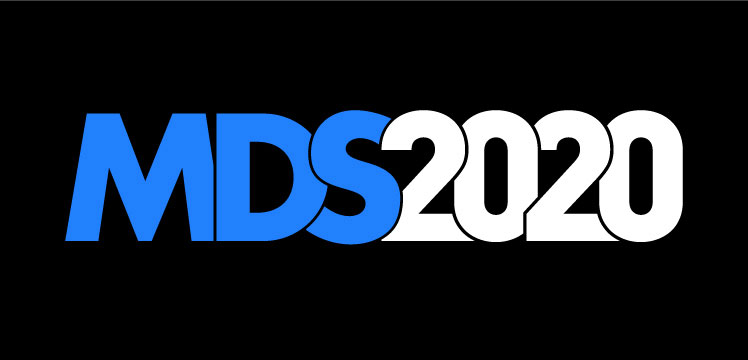MDS 2020 - We Asked Our Experts
 MDS 2020 is coming. While information is scarce, our industry experts have been hearing rumors and considering how Team TSI will tackle this new challenge. We asked them to share their thoughts.
MDS 2020 is coming. While information is scarce, our industry experts have been hearing rumors and considering how Team TSI will tackle this new challenge. We asked them to share their thoughts.

Greg Seiple Says:
While the upcoming changes to the MDS 2020 item set is certainly not restricted to the removal of Section G, the impact of that removal is easily the most significantly impactful element of the changes.One possible benefit - it will address the disconnect between Section GG and Section G coding where the numerical values are inverted and there are additional levels of scoring for self-care and mobility in Section GG that do not exist in Section G. Standardizing the coding criteria should simplify and potentially reduce inaccuracies – eventually. However, you will also be dealing with an almost “muscle memory” resulting from decades of coding one way and potentially resulting in significant miscoding, at least initially, as staff adapt to the change.
The big unknowns will be the impact and methodology changes that will need to accompany Section G removal in regards to Quality Measures, 5 Star Rating Reports, RUG based billing for Medicaid systems and even Payroll Based Journal methodology that currently utilizes RUG levels and days to risk adjust staffing levels.
Providers can start by educating front line staff early and often to the coming revised coding criteria. Working with a data analytics provider such as Team TSI will also assist providers in preparing for the coming changes through education and data analytic support.

Pat Newberry Says:
These change are a continuation of CMS’ initiative to ensure consistent data collection across all Post-Acute Providers as part of the SPADEs (Standardized Patient Assessment Data Elements) initiative.
The focus for MDS 2020, as Greg indicated, is primarily around section G and GG but the other area that is emphasized is the Discharge Planning Process being recorded in the MDS. There will be ongoing changes as CMS plans to ensure the consistent data collection in other areas as well. These initiatives are part of the requirements found in the Improving Medicare Post-Acute Care Transformation (IMPACT) Act of 2014.
